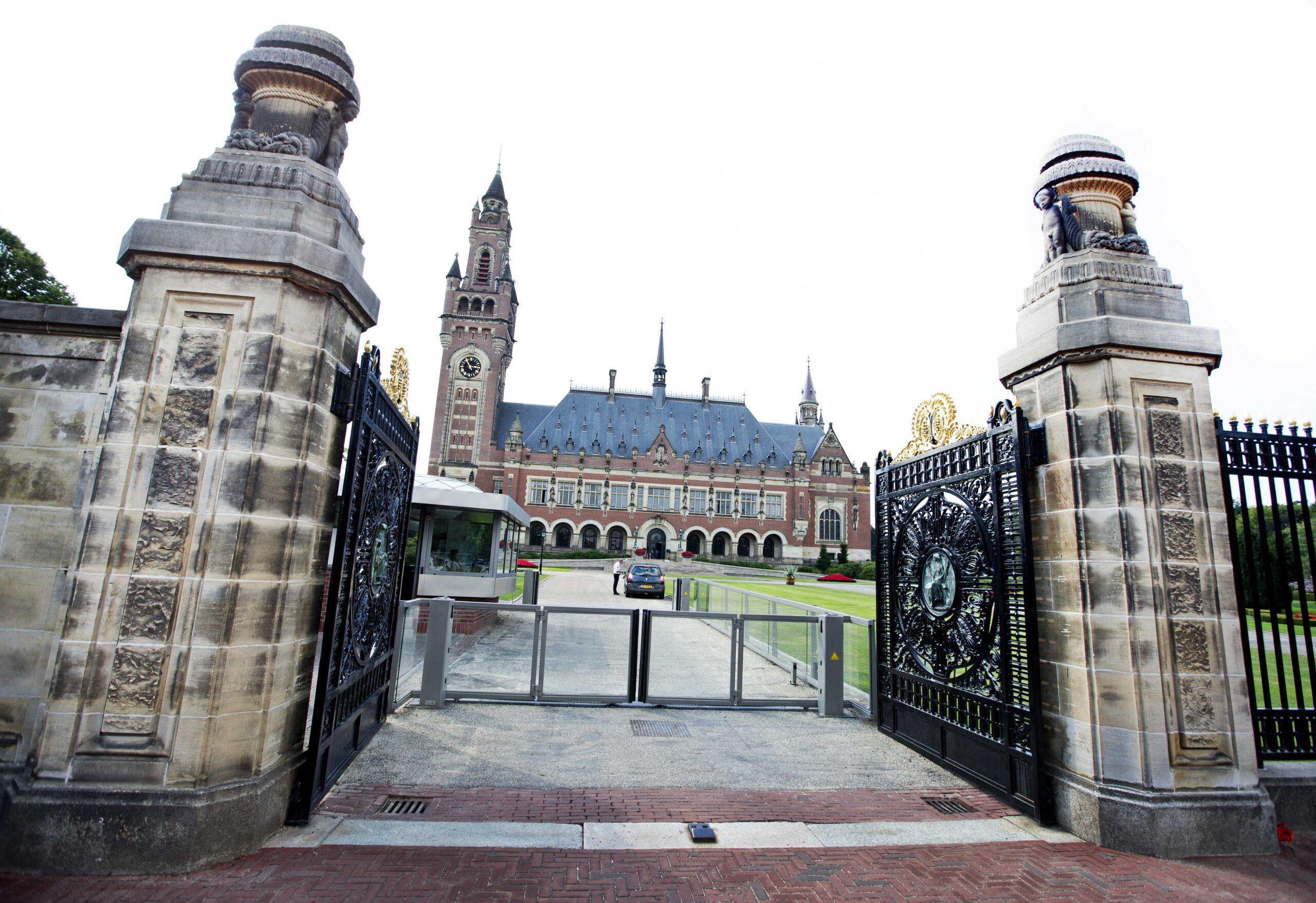SUMMARY
This is AI generated summarization, which may have errors. For context, always refer to the full article.

THE HAGUE, Netherlands – The little-known Permanent Court of Arbitration (PCA) on Tuesday, July 12, rules on a bitter dispute over the South China Sea (West Philippine Sea) which could have huge international ramifications amid growing tensions in the key waterway.
The Philippines brought the case against China in 2013, asking the court to find that Beijing’s claims to much of the territory in the sea are invalid and violate the UN’s Convention on the Law of the Sea. (READ: Aquino: The president who brought China to court)
Here are 5 facts about the tribunal based in The Hague:
What is the PCA?
The PCA is the world’s oldest inter-governmental organization dedicated to resolving international disputes through arbitration “and other peaceful means.”
It came to life in 1899 during the first Hague Peace Conference convened by Czar Nicholas II of Russia. It refers to contracts, special agreements, and various treaties such as those set up by the UN Commission on International Trade Law (UNCITRAL) and the UN Convention on the Law of the Sea (UNCLOS) to rule in disputes.
It also has a permanent overseas presence in Mauritius and can conduct hearings all over the world.
Interesting PCA cases
The PCA’s arbitral tribunals have rendered more than 70 decisions in past cases and it currently considers 116 cases. Recently-concluded cases include rulings in a bitter border dispute between Eritrea and Ethiopia and handing down an award in favor of the Indian Ocean nation of Mauritius in a fight with Britain over a marine protected area in the Chagos Archipelago. In another case, it gave India a partial green light to build a hydro-electric project in the Kishenganga River after a dispute with Pakistan, who was worried about the project’s impact on water supply further downstream.
Is it a real ‘court’?
The PCA is not a court in the traditional sense with judges to rule on issues. Rather it consists of arbitral tribunals put together for each case. Hearings are not open to the public or press, unless both parties in the dispute agree.
How does it work?
When diplomacy fails between two states they may turn to arbitration via the PCA.
Usually cases are settled on a pre-existing agreement – contained in a treaty or contract – that if a dispute arises it will be resolved through arbitration.
Once arbitration begins, an arbitral tribunal is appointed, consisting of 1, 3, or 5 members. For the South China Sea arbitration a 5-member panel has been appointed led by Ghanian-born judge Thomas A. Mensah.
Are its decisions binding?
Yes. All decisions, called “awards” are binding on all the parties in the dispute and have to be carried out without delay.
There are some post-award proceedings available to parties unhappy with the tribunal‘s decision, but they are limited, particularly in inter-state disputes.
Experts also say enforcement is often the “Achilles Heel” of public international law.
However, states who ignore or disregard the PCA’s ruling risk losing credibility and losing out in the so-called “court of world opinion.” (READ: CHEAT SHEET: What you need to know about PH-China case) – Rappler.com
Sources: PCA staff, PCA website, and Joris Larik, senior researcher at The Hague Institute for Global Justice
Add a comment
How does this make you feel?
There are no comments yet. Add your comment to start the conversation.